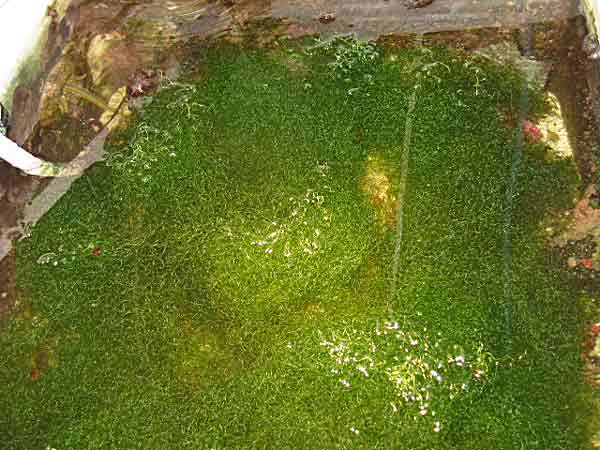Hi,
I'm having trouble sourcing Ferrous Gluconate based tablets locally (Australia) but I've found these Ferrous Fumarate tablets at a local Chemist chain (Chemistwarehouse, $8.99 AUD).
Is Ferrous Fumarate an acceptable substitute? (I've read all the threads I could find, and it looks like Ferrous Fumarate is more preferred than Ferrous Sulfate?).

Is there anything suspect in the other ingredients?

If this is all ok, would I mixed 65.7ml of RODI with one tablet to make the same strength as the original DIY recipe?
Cheers
Dave
I'm having trouble sourcing Ferrous Gluconate based tablets locally (Australia) but I've found these Ferrous Fumarate tablets at a local Chemist chain (Chemistwarehouse, $8.99 AUD).
Is Ferrous Fumarate an acceptable substitute? (I've read all the threads I could find, and it looks like Ferrous Fumarate is more preferred than Ferrous Sulfate?).
Is there anything suspect in the other ingredients?
If this is all ok, would I mixed 65.7ml of RODI with one tablet to make the same strength as the original DIY recipe?
Cheers
Dave

















